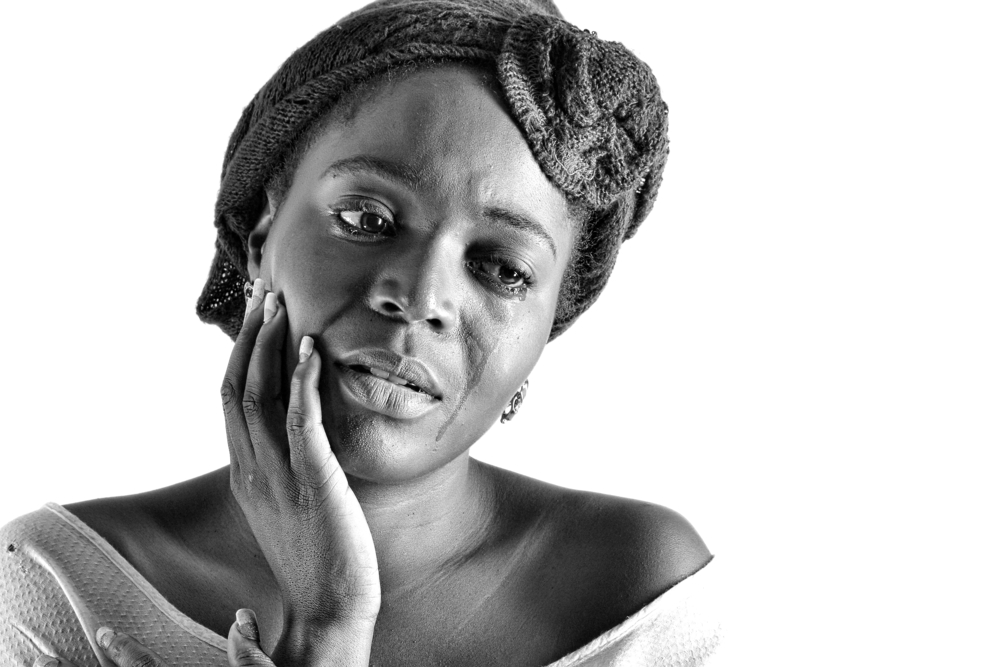The suicide rate for young Black girls and women is on the rise, according to a newly published study.
Released in the American Journal of Psychiatry this month, the researchers, led by first author Victoria Joseph from the Columbia Mailman School of Public Health in New York City, studied data trends in reports of the CDC’s National Center for Health Statistics.
Focusing on the data from 1999 to 2020, they found that, overall, the suicide rate for Black women increased to 3.4% in 2020 from 2% in 1999. Whereas 289 Black women from the ages of 15 to 84 died by suicide in 1999, there was a reported 652 deaths in 2020.
The increase in the rate amongst Black teenagers and women aged 15 to 24 was particularly alarming. According to researchers, there was more than a doubling of the rate; while it was reported as 1.9 deaths per every 100,000 people in 1999, the rate increased to 4.9 deaths per every 100,000 people in 2020.
“These findings are in line with evidence that suicidal behaviors are increasing among minoritized youth,” said senior author Katherine Keyes, PhD, in a press release for the study. “While the reasons why remain under investigation, it could be that cyberbullying and online racial attacks toward Black female youth may be on the rise, in particular, and therefore interventions targeting certain stressors are particularly critical for young Black women.”
New research highlights a concerning rise in suicides among young Black females in the U.S., especially in their mid-twenties. This underscores the critical need for tailored support during this crucial period. @epi_kerrykeyes @CUEpidemiologyhttps://t.co/Hq94ZxnlwV pic.twitter.com/4U3d4eLZWb
— ColumbiaPublicHealth (@ColumbiaMSPH) December 7, 2023
The results of the study come amid increased reports that systemic racism in healthcare is helping perpetuate mental health disparities.
According to a recent report by researchers at NYU Langone, Black scientists themselves are extremely underrepresented, particularly when it comes to funding. Less than one percent of funding from the National Institutes of Health for independent projects of mental health research goes to Black scientists.
Per the researchers, Black Americans are also less likely to go and seek mental healthcare when compared to white Americans.
Previous research released by the CDC found that when Black Americans went to the emergency department for any mental health-related issues, they were made to wait an hour or longer than the average time for white Americans.
A variety of non-profits have been created to help Black Americans with their mental health.
Along with Black Health Alliance, Therapy for Black Girls, GirlTrek and Black Women’s Health Imperative are all dedicated to providing mental health care to Black women.








